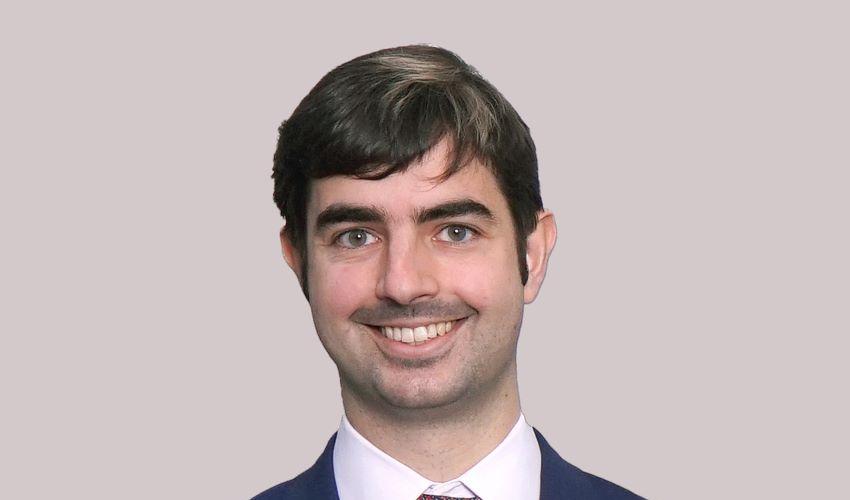
Guido and the Development of Intermodal Transport
SUSTAINABILITY IS A EUROPEAN UNION OBJECTIVE ALSO WITH REGARD TO THE MOVEMENT OF GOODS BY ROAD. THE ALUMNUS, AUDITOR AT THE EUROPEAN COURT OF AUDITORS, WORKS WITH THIS TOPIC, ALONG WITH THE EQUALLY KEY AREA OF ROAD SAFETYWith the presentation of the European Green Deal at the end of 2019, Sustainable Transport Goals have definitively been confirmed at the heart of the European Union's policies. In particular, intermodal transport has become one of the most important aspects, with the dual objective of reducing both the quantity of goods circulating by road and related pollution rates. But with the outbreak of the conflict in Ukraine and the questioning of the Belt and Road Initiative, the global scenario has changed significantly, according to Guido Fara, Auditor at the European Court of Auditors, who explains his personal opinion (not that of the Court itself).
In particular, the EU intends to promote cohesive policies that comply with the 2030 objective of completing the central part of the trans-European networks, composed of the so-called European Corridors. It will then aim to reach the final goal by 2050 that includes the remaining part of the trans-European networks. Fara is a Bocconi University graduate in Economic and Social Sciences, a program which has recently strengthened precisely the subject of intermodal transport as well as – starting in 2023 – issues related to road safety.
"In the current framework, the recommendations of the European Court of Auditors for intermodal transport are that the EU set more specific objectives and, above all, that it intervene within the regulatory framework to improve this form of transport’s competitiveness," reiterates the Auditor. The institution where he works was created in 1975 with the Treaty of Brussels. It also performs management control functions so that EU investments comply with Community policies and produce a real impact on the territory.
Finally, in Fara's opinion, the areas on the frontline concerning the world of transportation are the potential of hydrogen for green transport and the role of batteries for electric cars, without forgetting road safety – regarding which the Court of Auditors’ first audit has been initiated. The aim is to see whether the European Union will be able to achieve its targets of halving the number of deaths and serious injuries by 2030 and reducing it to almost zero by 2050. More than 20,000 people died in road accidents in 2022 throughout the EU. This was a 3% increase compared to 2021, a reminder that traffic levels have risen sharply in the years after the stop to circulation imposed by the pandemic.
by Camillo Papini
Translated by Richard Greenslade
